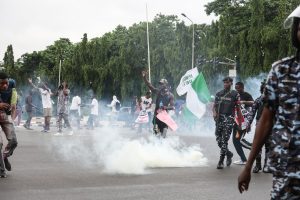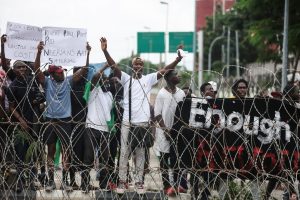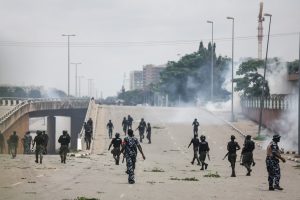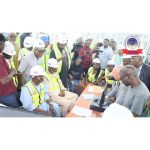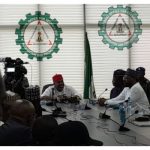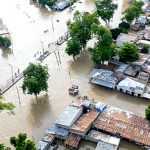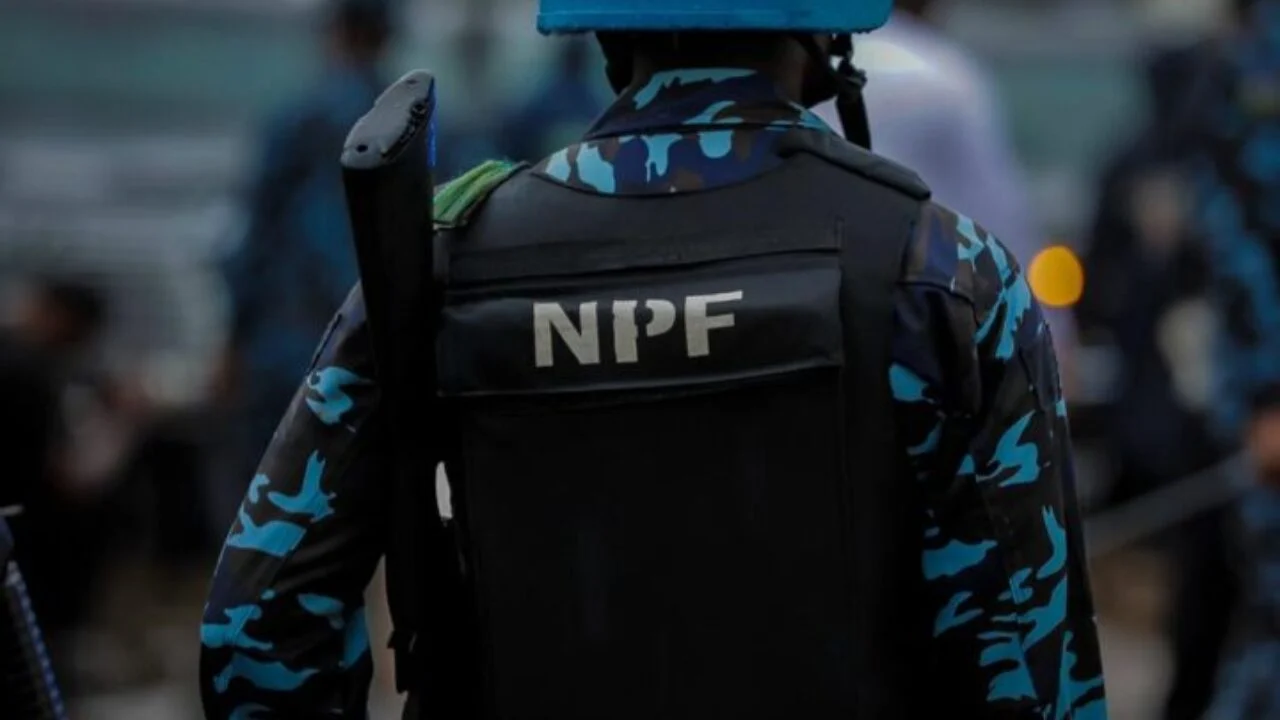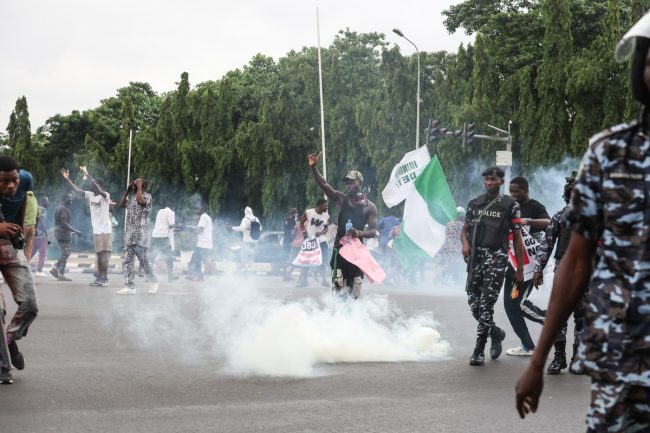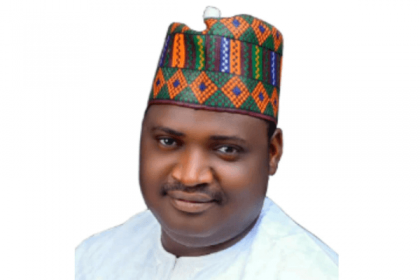Nigerian security forces used tear gas and fired shots into the air to disperse protesters in Kano and Abuja as thousands rallied across the country against the rising cost of living.
The demonstrations, tagged #EndbadGovernanceinNigeria, were sparked by widespread discontent over soaring inflation and a devalued currency following economic reforms by President Bola Ahmed Tinubu, including ending fuel subsidies and liberalizing the naira.
The protest movement, fueled by an online campaign, drew widespread support despite government warnings against potential violence, reminiscent of recent demonstrations in Kenya. Many Nigerians are grappling with severe economic hardship, with food inflation reaching 40% and fuel prices tripling compared to last year. However, concerns about security risks surrounding protests persisted.
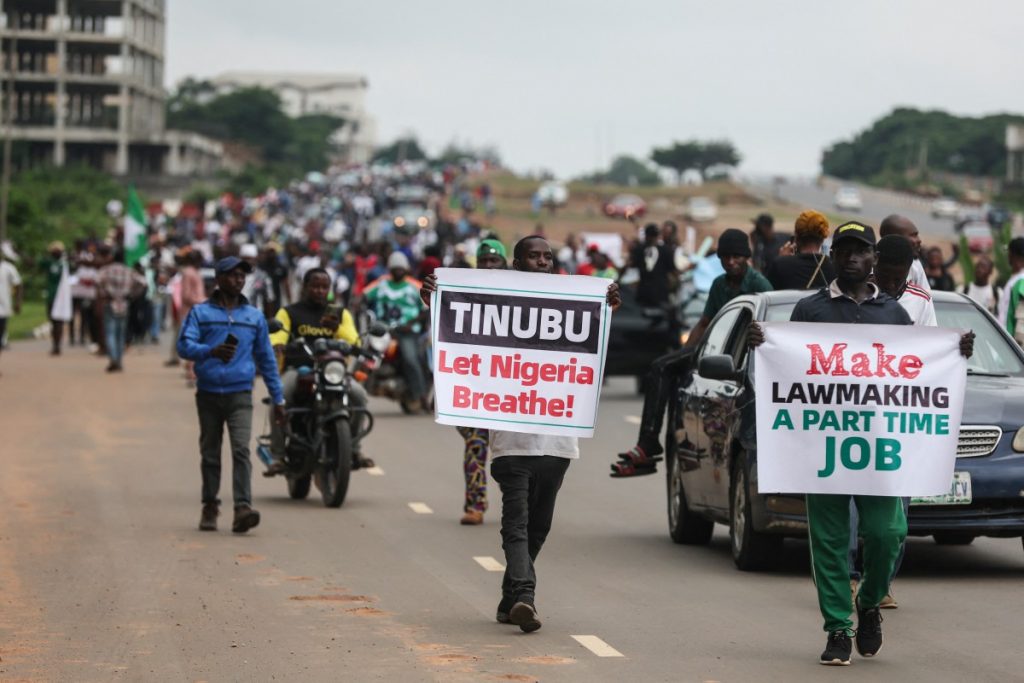
In Kano, Nigeria’s second-largest city, protesters set fire to tires outside the state governor’s office. Police responded with tear gas, dispersing the crowd.
An AFP correspondent reported that demonstrators later attacked a digital center of the Nigeria Communications Commission, leading to further clashes where police fired shots in the air to prevent looting. Authorities arrested 13 people in connection with the incidents of looting and arson.
In Abuja, security forces blocked access to Eagle Square, a key protest site, using tear gas and barbed wire to prevent hundreds of protesters from reaching the area.
Similar measures were taken in Mararaba, a suburb of the capital, where crowds were also dispersed. Around 1,000 people marched peacefully in Lagos, chanting “Tinubu Ole,” a term accusing the president of theft.
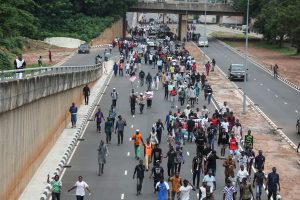
Despite the government’s plea for patience to allow economic reforms to take effect, protest leaders, representing a coalition of civil society groups, vowed to continue their demonstrations. They criticized attempts to restrict protests to designated public parks and stadiums.
As protests continued into the afternoon, their intensity dwindled, but activists like Damilare Adenola of the Take It Back group in Abuja promised further action. The government outlined measures to mitigate economic pain, such as increasing the minimum wage and providing aid to the most vulnerable.
This wave of protests follows the significant 2020 #EndSARS demonstrations against police brutality, which ended in violence. Observers note that Nigeria’s current unrest mirrors recent protests in Kenya and Uganda, highlighting a regional trend of youth-led movements demanding better governance.
